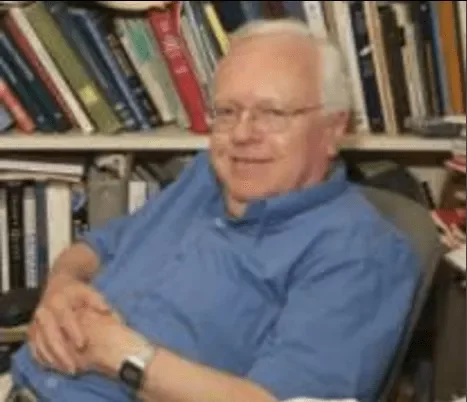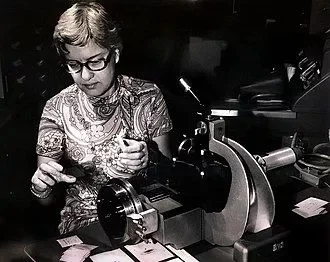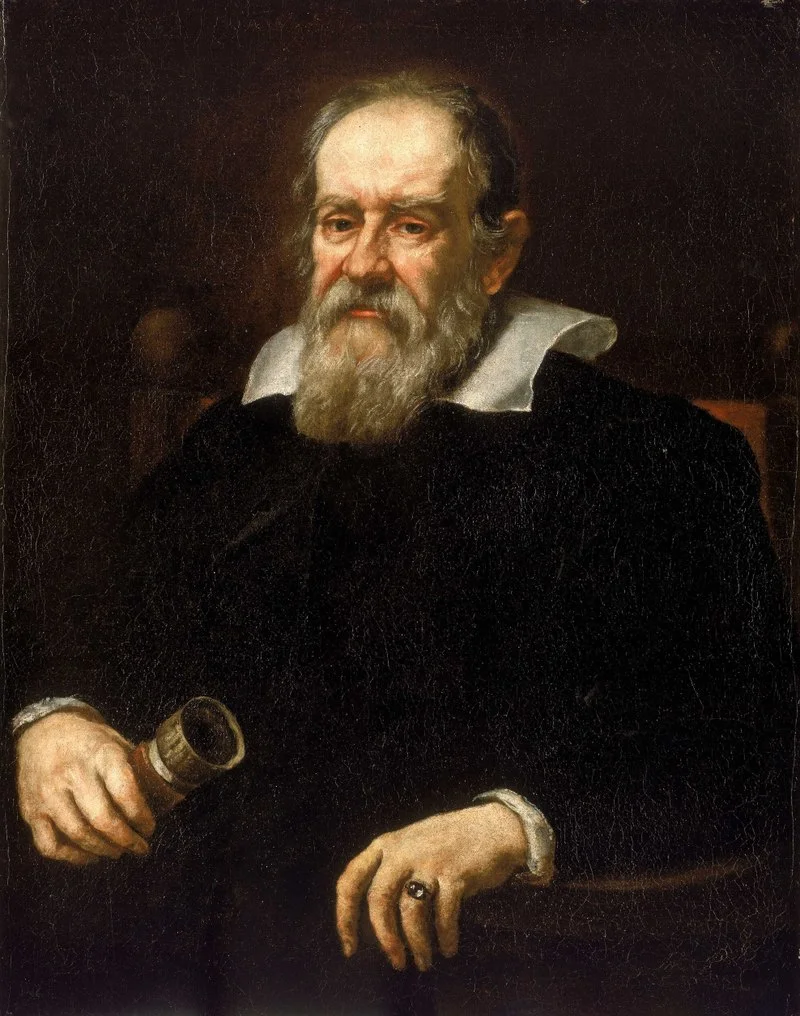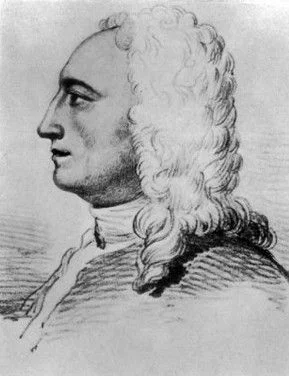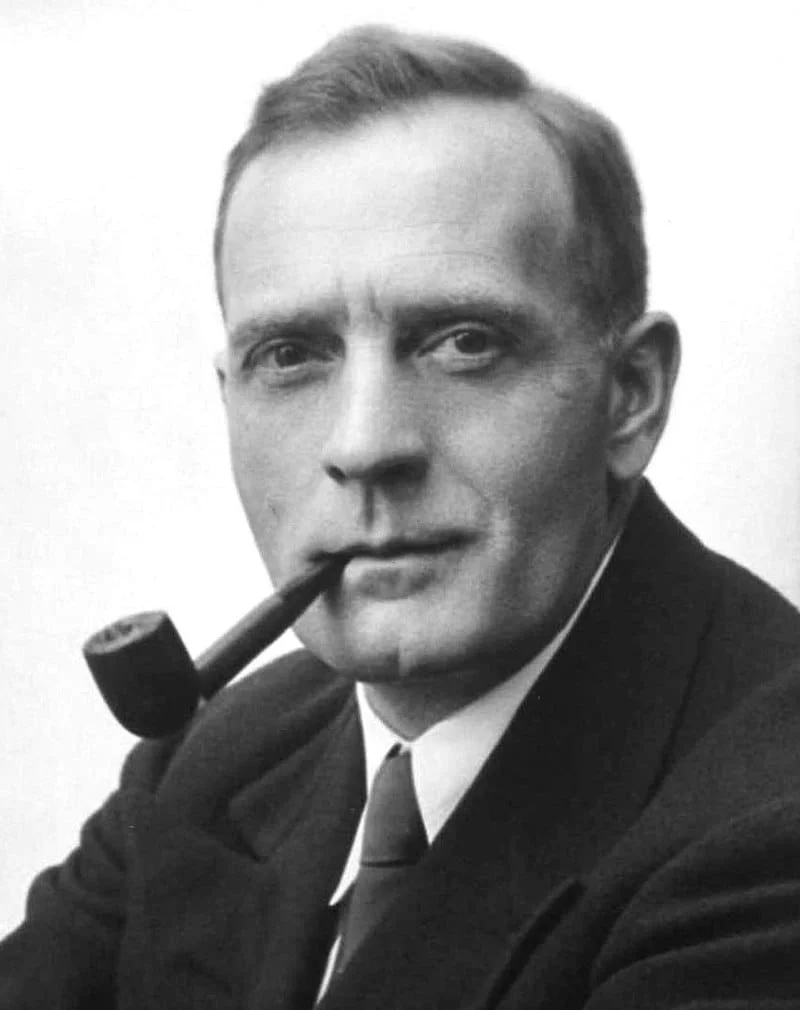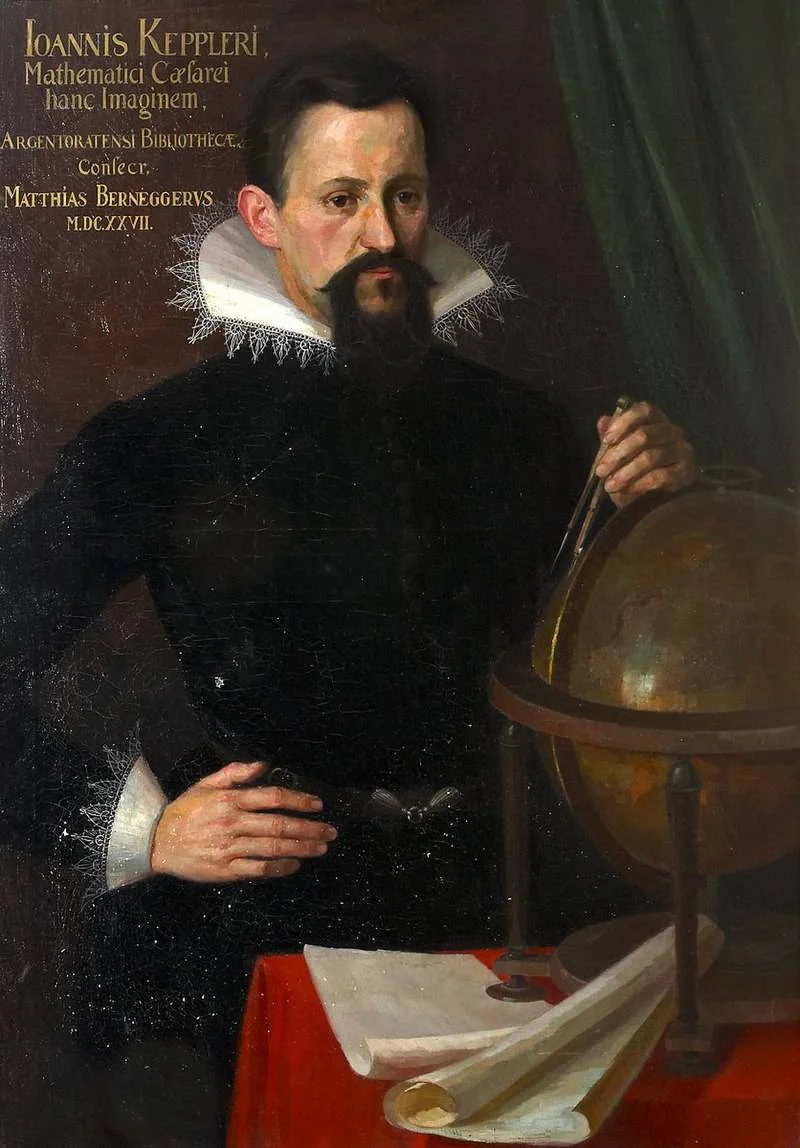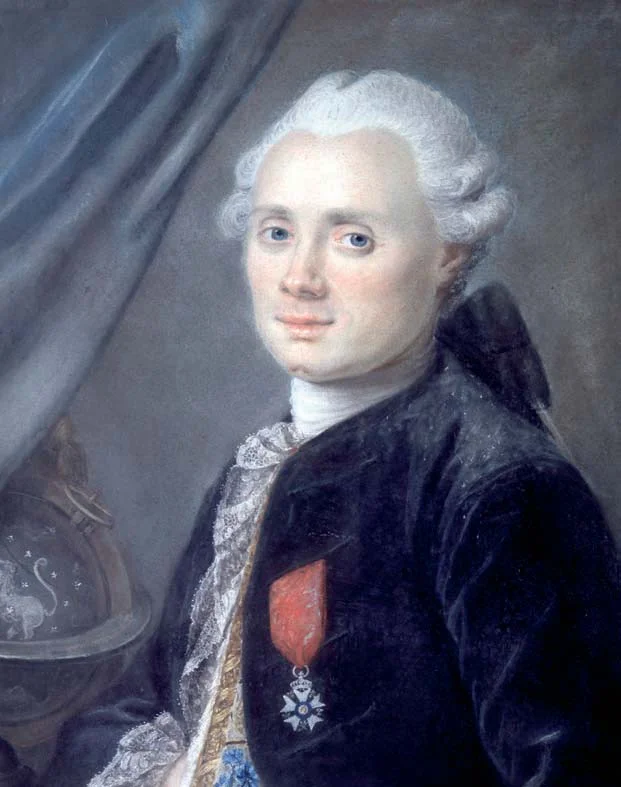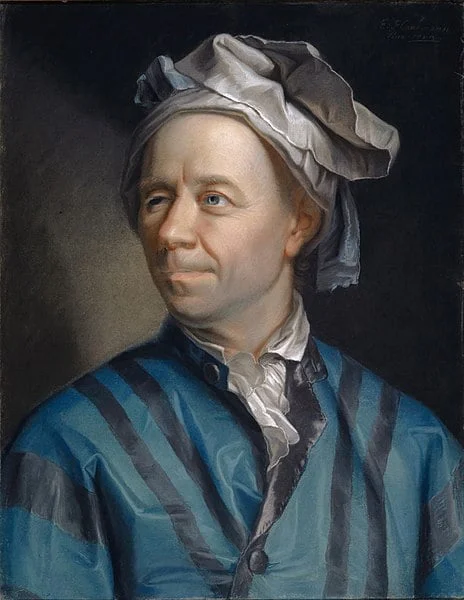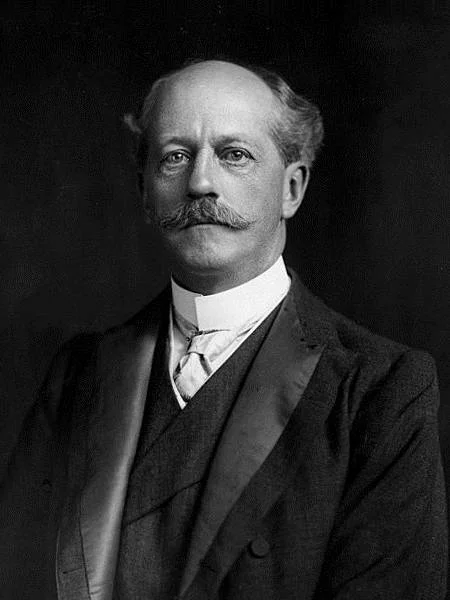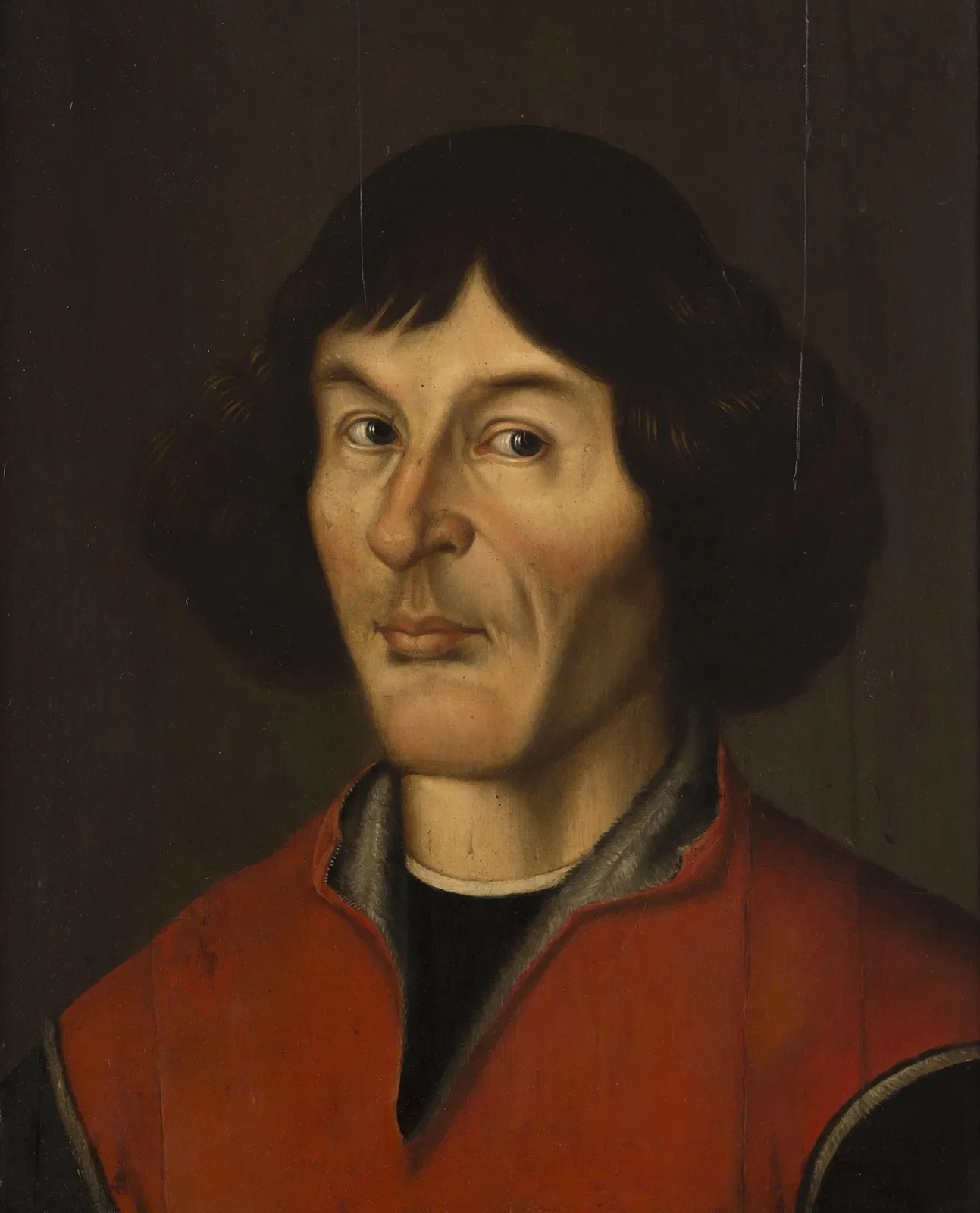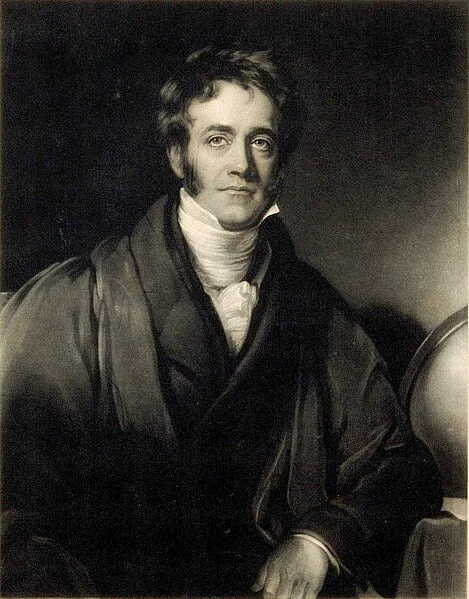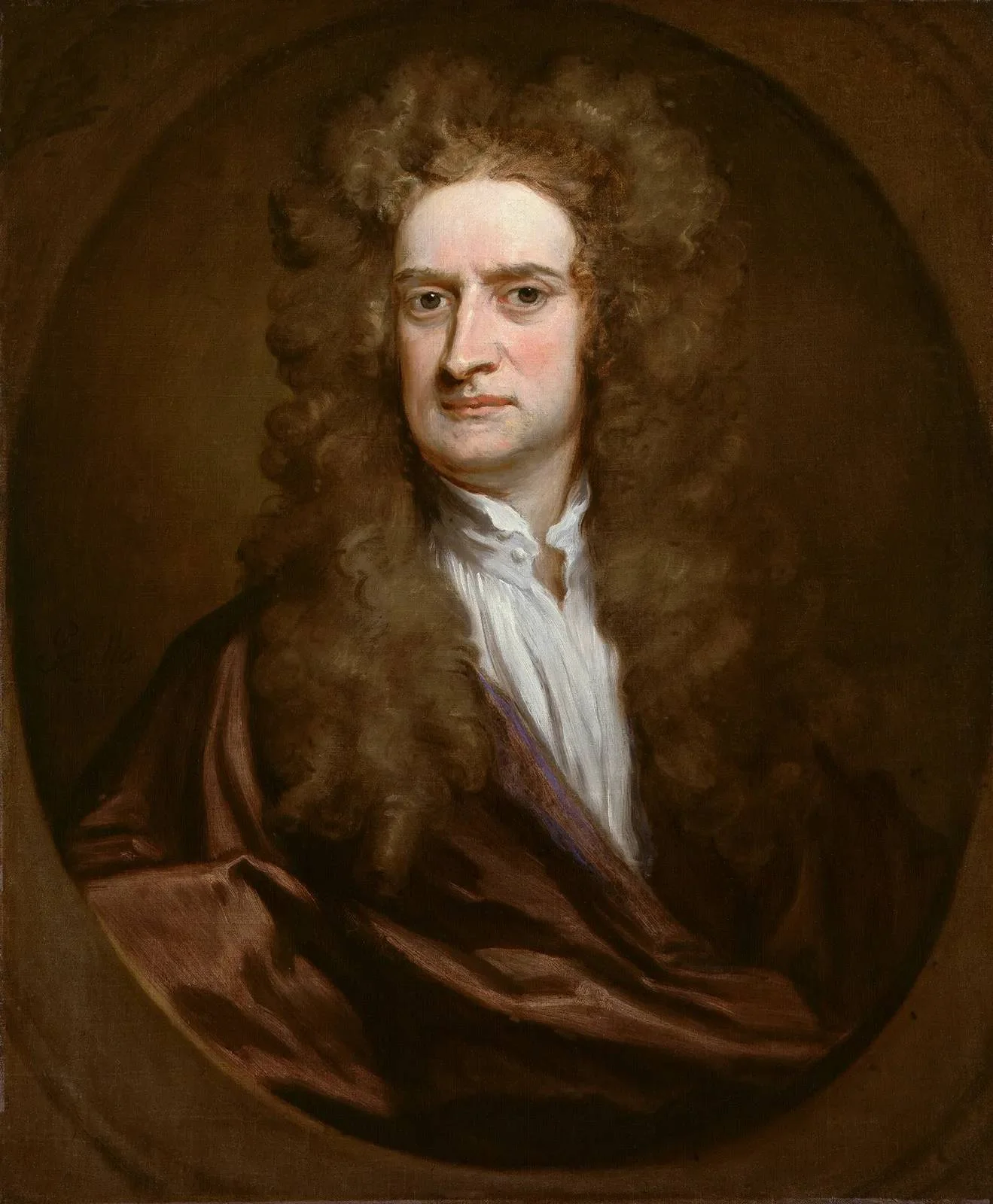Real Celebrities Never Die!
OR
Search For Past Celebrities Whose Birthday You Share
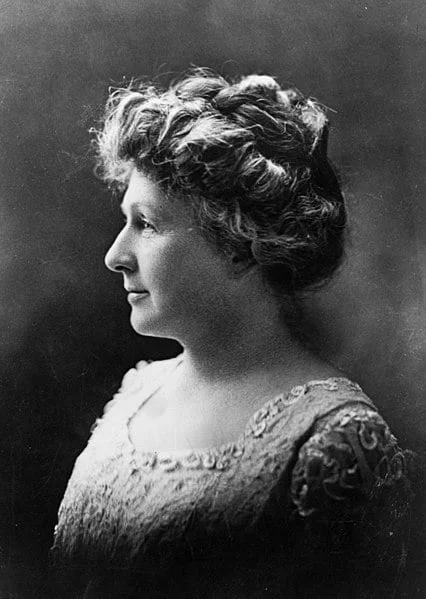
source:wikipedia.org/
Annie Jump Cannon
Birthday:
11 Dec, 1863
Date of Death:
13 Apr, 1941
Cause of death:
Heart failure
Nationality:
American
Famous As:
Astronomer
Age at the time of death:
77
Annie Jump Cannon's Quote's
Early Life and Inspiration
Annie Jump Cannon, born in Dover, Delaware on December 11, 1863, was an unconventional astronomer. Despite facing obstacles like partial deafness and societal expectations, she became a trailblazer in her field, earning the nickname “The Census Taker of the Sky” for her revolutionary work in star classification.
Annie’s passion for astronomy was sparked by her mother, Mary Jump Cannon, an amateur astronomer herself. Annie’s curiosity was fueled by frequently joining her mother on late-night stargazing sessions, ultimately shaping her life’s path.
Education and Early Challenges
Despite financial struggles, Annie attended Wellesley College, where she pursued studies in physics and mathematics. Despite the college’s initial discouragement, Annie persisted and graduated in 1884, well-versed in scientific principles.
Following graduation, Annie Jump Cannon faced financial limitations and societal expectations that women shouldn’t pursue scientific careers. But she remained unshaken. She obtained a junior teaching position at the Harvard College Observatory in 1894 but faced limited research opportunities and telescope access because of her gender.
Collaboration with Edward C. Pickering
Annie’s turning point came when she began working with Edward C. Pickering, the director of the Observatory. Due to her exceptional eyesight and meticulous attention to detail, Pickering assigned her the apparently unimportant task of classifying the spectra of stars captured on photographic plates.
The Harvard Classification Scheme
Undeterred by the repetitive nature of the work, Annie Jump Cannon meticulously analyzed thousands of stellar spectra, identifying patterns and developing a system for classifying stars based on their temperature and spectral characteristics. Our understanding of stellar evolution was revolutionized by the Harvard Classification Scheme, which still serves as the foundation for current stellar classification.
Unparalleled Contributions to Astronomy
Annie’s commitment and attention to detail were remarkable. Over a five-decade career, she classified over 350,000 stars, a feat unimaginable in her time. Her contributions extended beyond mere classification; she identified new stars, variable stars, and even white dwarfs, pushing the boundaries of astronomical knowledge.
Recognition and Breaking Barriers
Despite facing discrimination throughout her career, Annie persevered, becoming the first woman to receive a Doctor of Astronomy degree from Groningen University in the Netherlands and the first woman to be awarded the Henry Draper Medal from the National Academy of Sciences. Her dedication and pioneering contributions laid the foundation for aspiring female astronomers, motivating numerous women to pursue scientific careers.
Legacy and Impact
Annie Jump Cannon’s life and work illustrate that profound discoveries can be achieved through passion, perseverance, and meticulous observation. She transcended societal limitations and redefined the landscape of astronomy, leaving behind a legacy as vast and awe-inspiring as the celestial bodies she so meticulously classified.
Passing and Enduring Inspiration
Annie Jump Cannon passed away on April 13, 1941, leaving behind a legacy of groundbreaking contributions to astronomy. Her story is one of resilience, passion, and groundbreaking achievement. She is a strong reminder that anyone, no matter their background or perceived limitations, can make a lasting impact on the world by aiming high.
Name:
Annie Jump Cannon
Popular Name:
Annie Jump Cannon
Gender:
Female
Cause of Death:
Heart failure
Spouse:
Place of Birth:
Dover, Delaware, U.S
Place of Death:
Cambridge, Massachusetts, U.S.
Occupation / Profession:
Annie became nearly deaf at the age of 30 due to scarlet fever, yet she continued to work tirelessly without letting this disability hinder her contributions.
Annie never patented her classification system, opting for the greater good of scientific advancement and open access to knowledge.
Despite her groundbreaking work, she wasn't initially credited in scientific papers due to the prevailing sexism of the time. However, her contributions eventually received the recognition they deserved.
She developed a special mnemonic device to memorize the complex spectral classifications, demonstrating her extraordinary memory and dedication.
In 1923, Cannon was voted one of the 12 greatest living women in America by the National League of Women Voters.
She was also the first woman to be awarded the Henry Draper Medal of honor from the National Academy of Sciences. (1931)
She was the first woman to receive an honorary degree from Oxford University .

